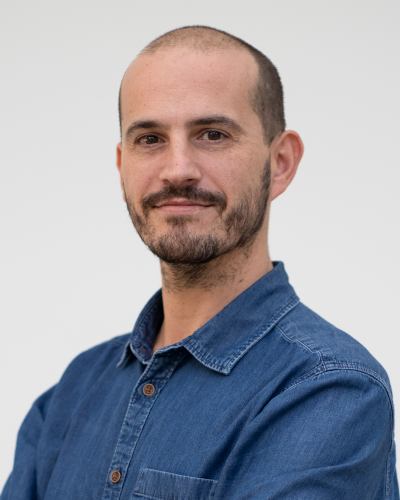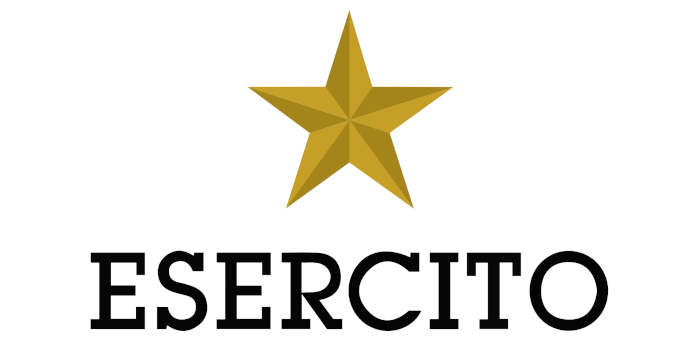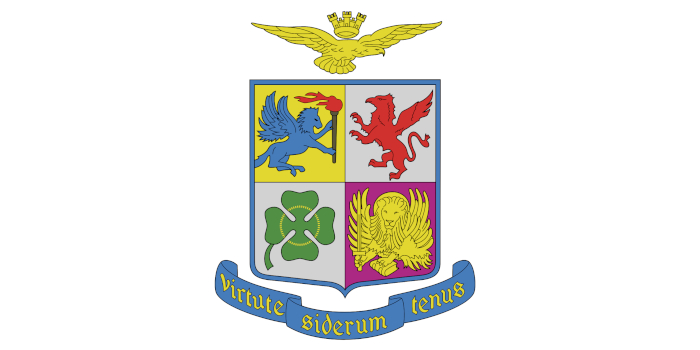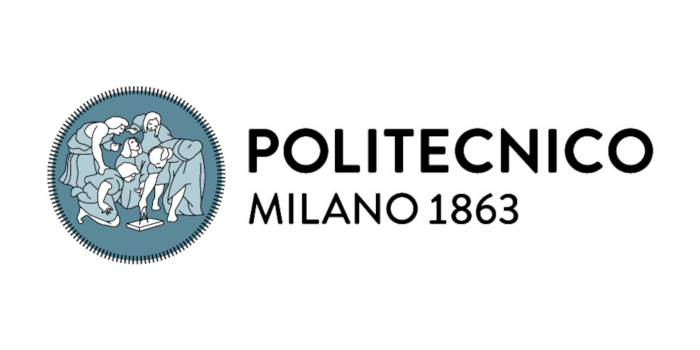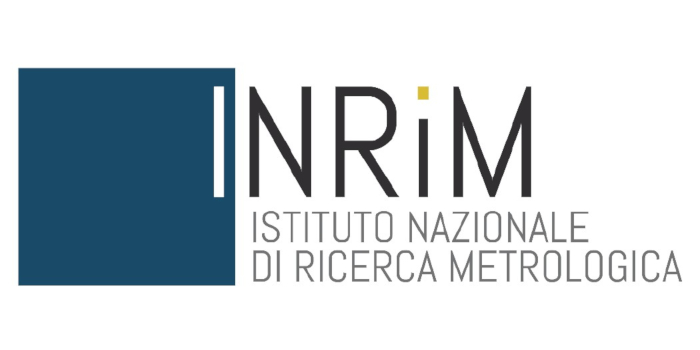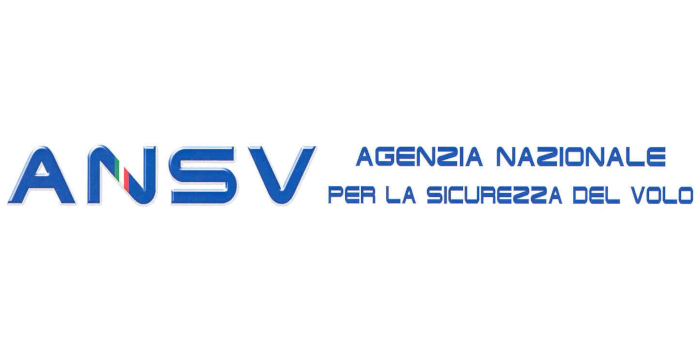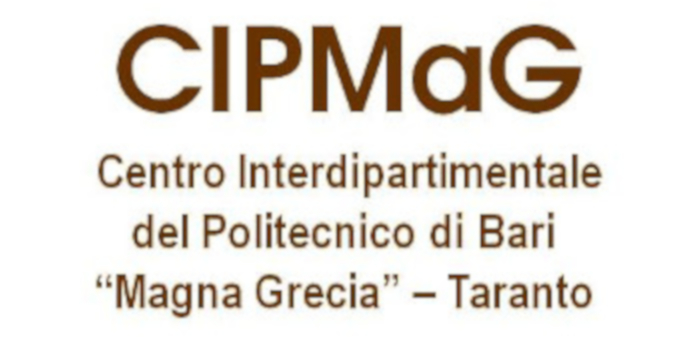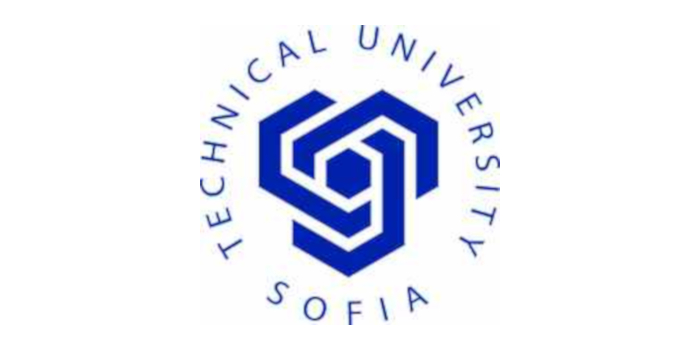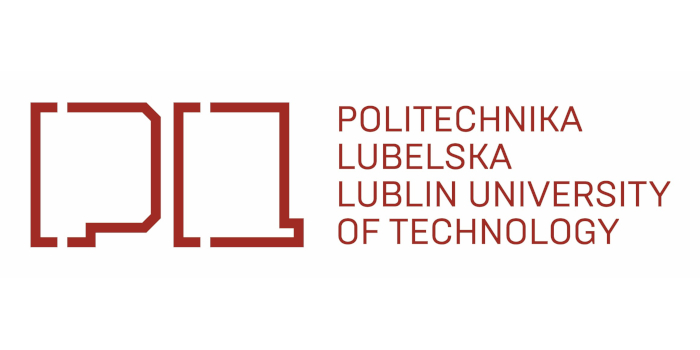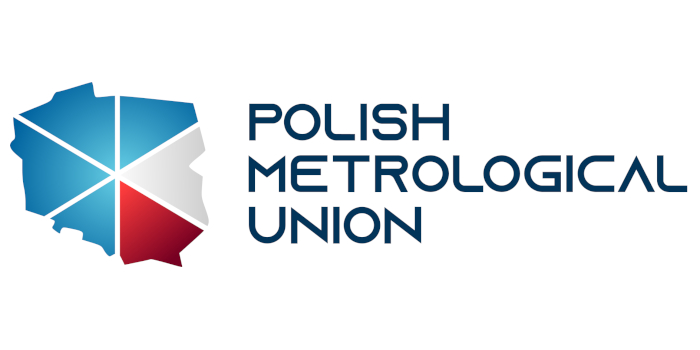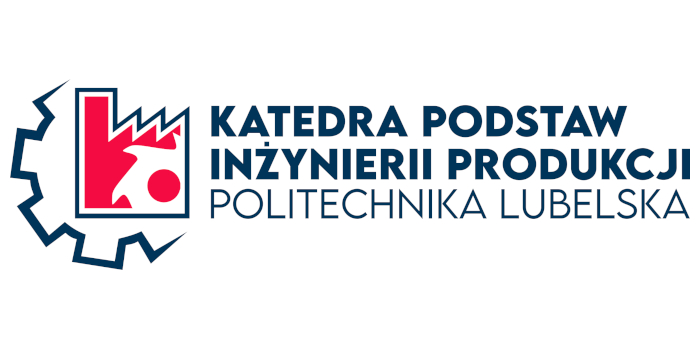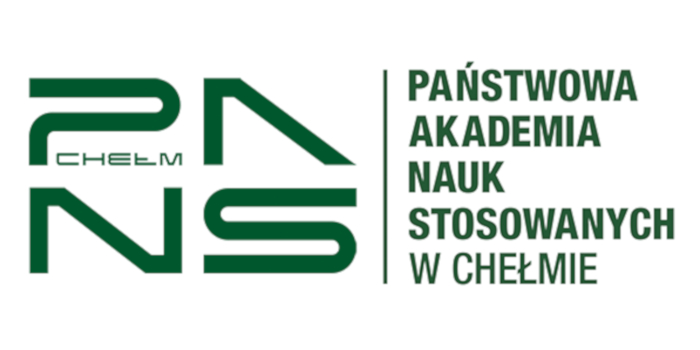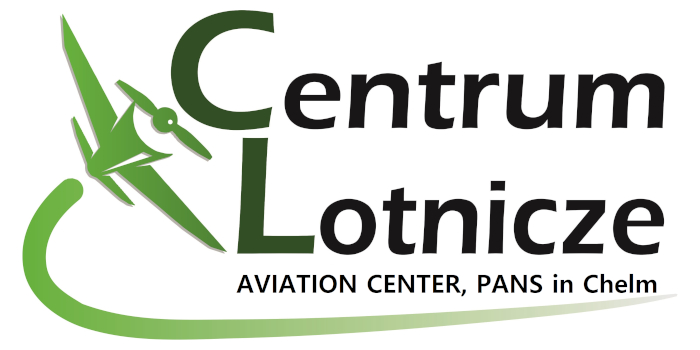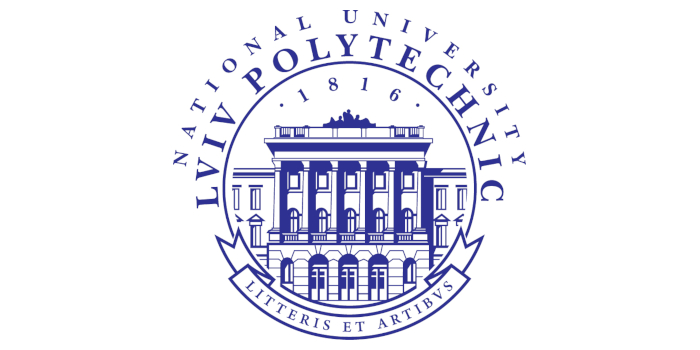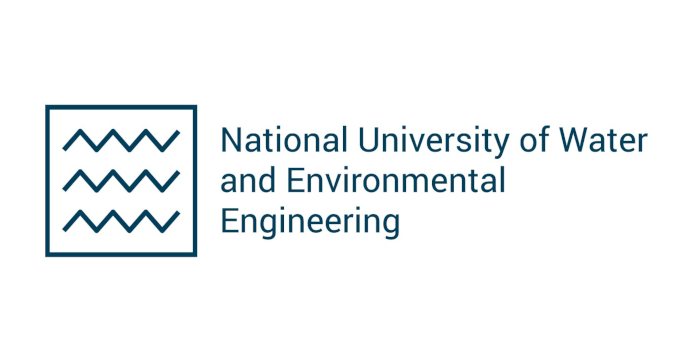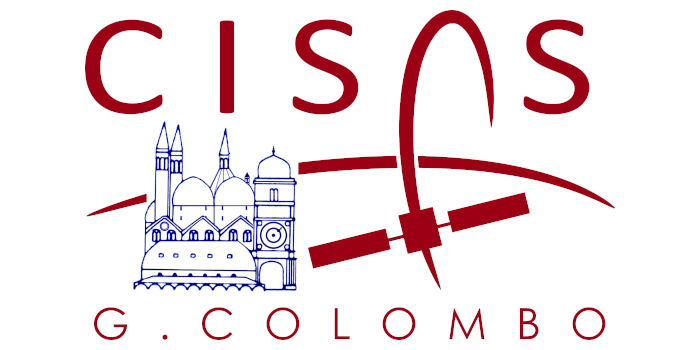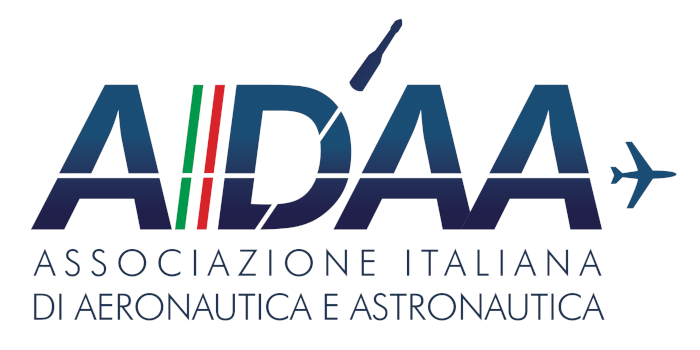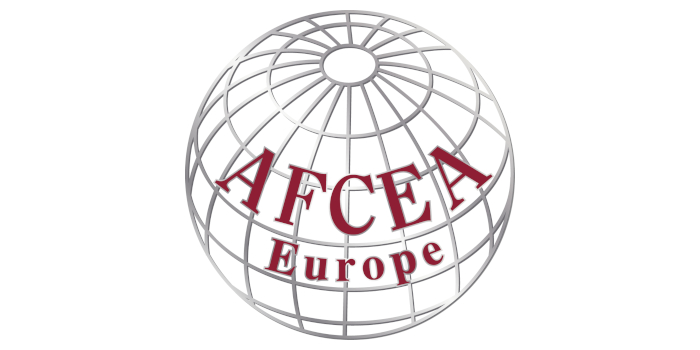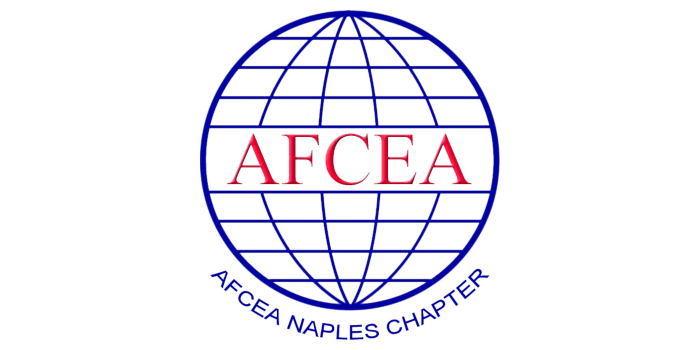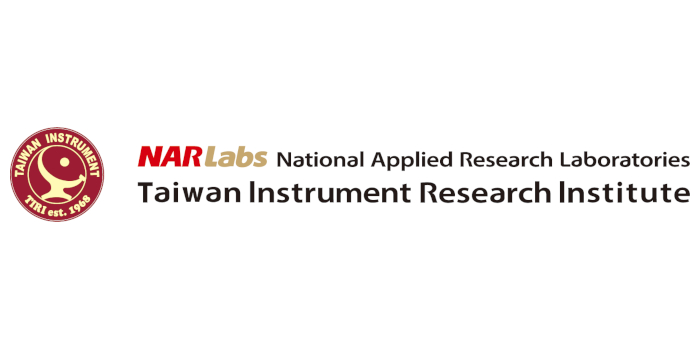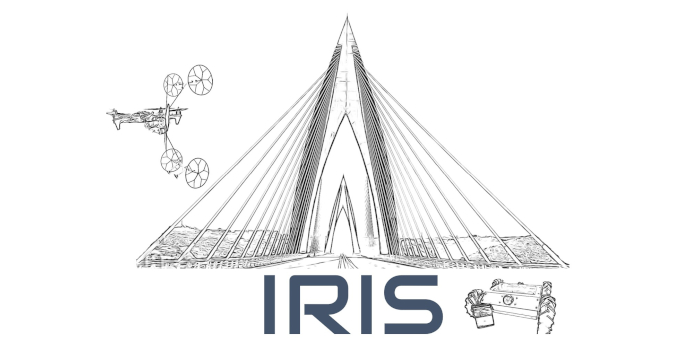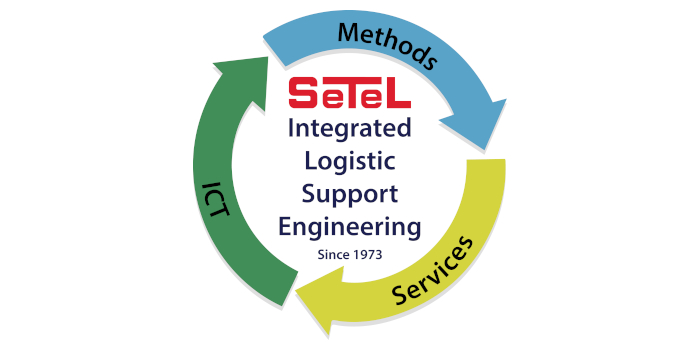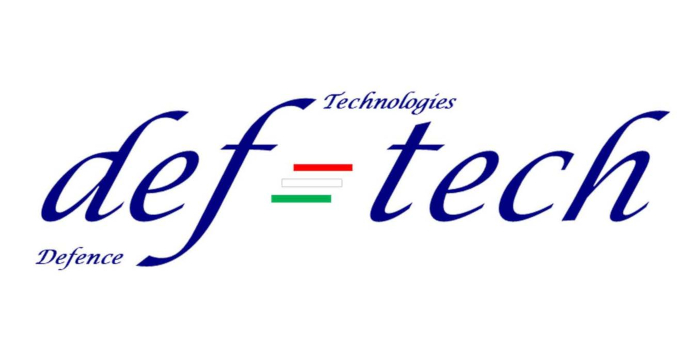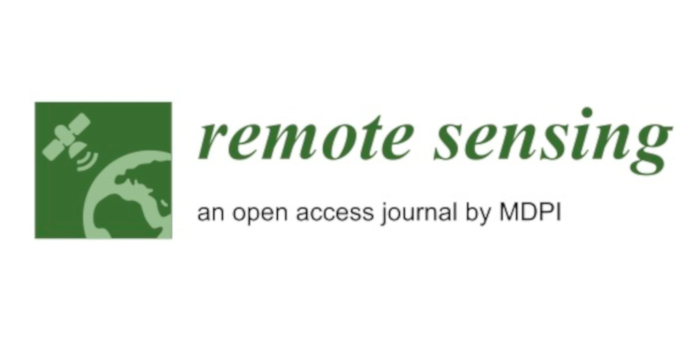SPECIAL SESSION #19
Optical technology and data fusion for SHM, physiological and biochemical tracking in aerospace environments
ORGANIZED BY
Carlos Marques
I3N and Physics department, University of Aveiro, Portugal
ABSTRACT
The optical sensors, which can include optical fiber-based sensors, have also found applications in feeding back real-time measurements of weight distribution, reliable aviation fuel gauging sensors or even water content detection and online monitoring in aviation fuel. Further to this, the distributed optical sensors are able to test the structural integrity of the wings and fuselage (following the four SHM levels mentioned) as well as judge the performance of the engines, icing on the wings, loading on the landing gear, and very important the cockpits environment (not only in commercial aircrafts but also military ones). In this way, with the continuous development of autopilot systems and flight assistance systems, pilot performance and air safety from the cockpits (temperature, humidity, pressure, and also detecting biological contaminants aboard aircrafts for example) needs to be improved significantly. The pilot behavior recognition based on multi-modality fusion technology using physiological features acquired online as well as critical parameters like fatigue, hypo/hyperoxia, surges of acute stress level, and/or a sudden loss in blood flow of pilots are crucial to obtain in real-time and process them via integrated smart tool.
ABOUT THE ORGANIZER
Carlos Marques
Expertise on optical sensors and optical devices for optical communications and sensing. He received the Ph.D. degree in Physics Engineering from the UA, Portugal, in 2013. He was a Marie Curie (MC) Fellow in the Aston Institute of Photonics Technologies, Aston University, U.K until March 2016. Currently, he is a Research Scientist in the Physics Department & I3N, University of Aveiro, Aveiro, Portugal. His main interests include optical devices for sensing, integrated optics, low cost interrogation systems, machine learning, data acquisition and optical transmission data. Interest in water quality, aviation, contaminants, biochemical analytes. He authored or co-authored 3 books, 6 book chapters, 180+ journal peer-review papers, more than 100 conference papers with emphasis on optical communications, data processing and sensing. According to Google Scholar, journal/conference articles have received 5000+ citations (h-index: 53). He was an organization member of IMOC2019 conference. He was awarded with several awards. Also, he is an Associate Editor of prestigious scientific journals like OSA Optics Express, IEEE Sensors Journal, Opto-Electronic Advances, Optical Fiber Technology (Elsevier) and acts also as referee of several high level international journals, receiving awards by review quality. He is a regular expert evaluator of international research projects of differents countries such as Romania (UEFISCDI agency), Belgium (F.R.S.-FNRS), UK (via Multiply project - Marie Curie actions), Portugal (ANI), Serbia ( Science Fund of the Republic of Serbia, Fond za nauku agency) and Poland (NCN agency). He is a regular TPC member of some conferences of Optics and Photonics field, and he is regular invited to be session chairman in some international conferences. Last 7 years, he participated/ leaded in several research projects including national projects from FCT agency, European projects including Marie Curie actions (Individual Fellowship, ITN), FET, and other international from Brazil (CAPES, FAPES, CNPq, etc (see project lists and the active ones in projects section) . Currently, he is the coordinator professor of Optical Technologies, Lasers and Photonics, and Space Optical Systems, from Physics Engineering doctoral programme, Physics Engineering Integrated Master, and Aerospace Engineering degree, respectively, and also practical laboratory of Sensors & Actuators.

